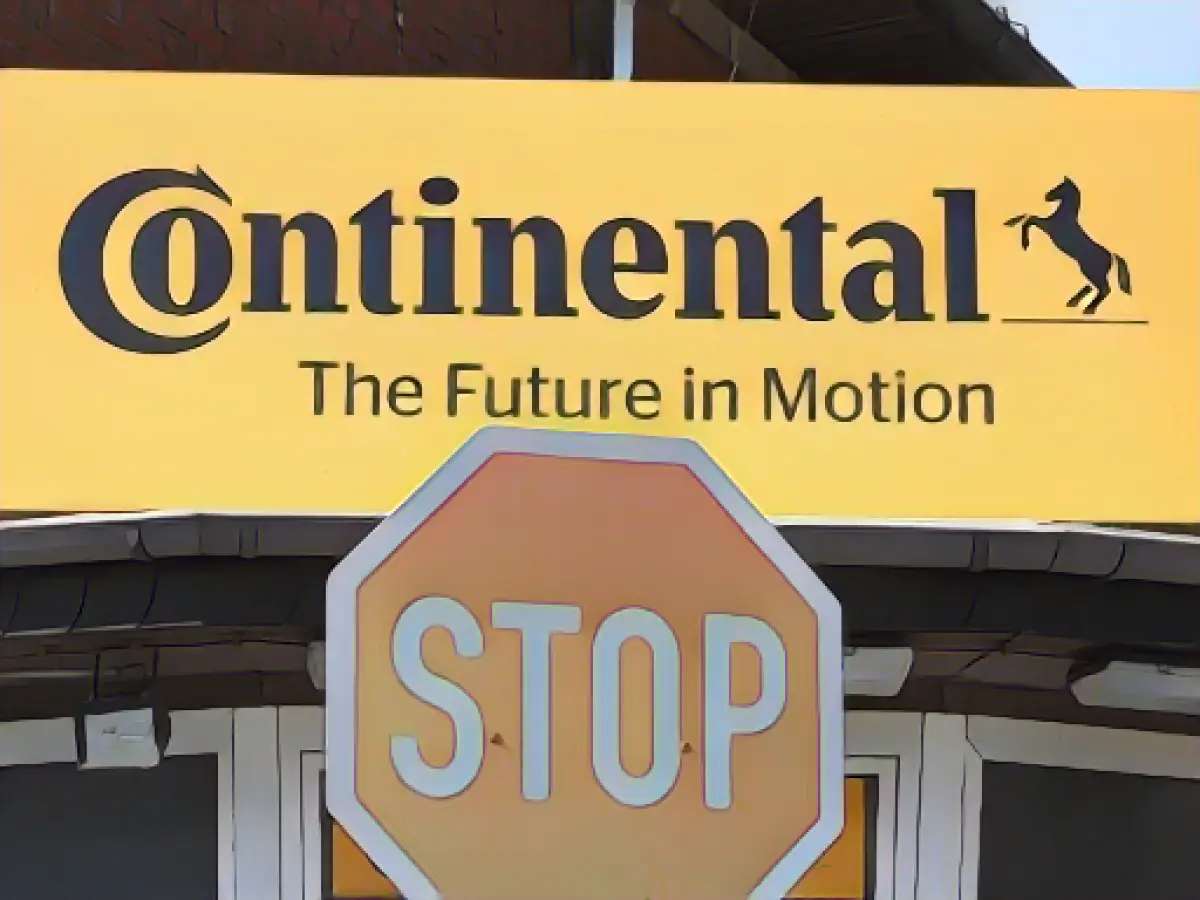Automotive Giant Continental Faces Employee Backlash Over Job Cuts
Employees at Continental, an automotive supplier and tire manufacturer, aren't happy with the company's plans for job cuts. The works council of the company's Automotive division has spoken out against compulsory redundancies, urging the management to rule them out, according to an internal letter from Lorenz Pfau, head of the division's works council.
Faced with years of weak business in the automotive supply sector, Continental aims to return to profitability with a cost-cutting program. The company plans to achieve an annual cost reduction of 400 million euros from 2025 by reducing jobs in administration. However, the exact number of jobs to be cut is yet to be determined, with estimates suggesting it could be in the mid four-digit range, affecting around five percent of employees in the division.
In response to these plans, the works council has voiced its opposition to compulsory redundancies, pointing out that past management mistakes shouldn't come at the expense of employees. They've urged the Automotive management to reconsider and have gained support from Hasan Allak, head of the Group Works Council, who has also pledged to uphold this stance, ensuring no more compulsory redundancies at Continental.
Employees are hopeful this waiver will be granted, despite the need for cost-cutting measures. IG Metall, a powerful labor union in Germany, also backs the employees' position, with its new head Christiane Benner serving as a member of the Supervisory Board at Continental.
Source:
Enrichment Data:
While the primary article focuses on the employee pushback against compulsory redundancies at Continental, it's important to consider the broader context of the company's position in the global automotive industry and the labor landscape.
Continental is a key player in the industry, with operations in various countries and a wide array of products, from automotive electronics to tires, drivetrain systems, and chassis components. The company's existence has been impacted by the ebb and flow of the broader industry, in which lower demand key influencing factors such as changing economic conditions and shifting consumer preferences.
The pushback against compulsory redundancies highlights an ongoing and contentious issue covered regularly in labor and business news. When cost-cutting measures such as job reductions necessitate, companies often find themselves in a delicate balance, attempting to both manage their bottom lines and maintain goodwill with their employees. In some cases, strong labor unions, like IG Metall, can play a significant role in shaping these discussions and advocating for workers' rights.
In this case, the works council's stance against compulsory redundancies, along with the support of IG Metall, demonstrates the importance of employee representation and the role labor unions can play in advocating for and protecting workers in the face of changes in the global automotive industry.






